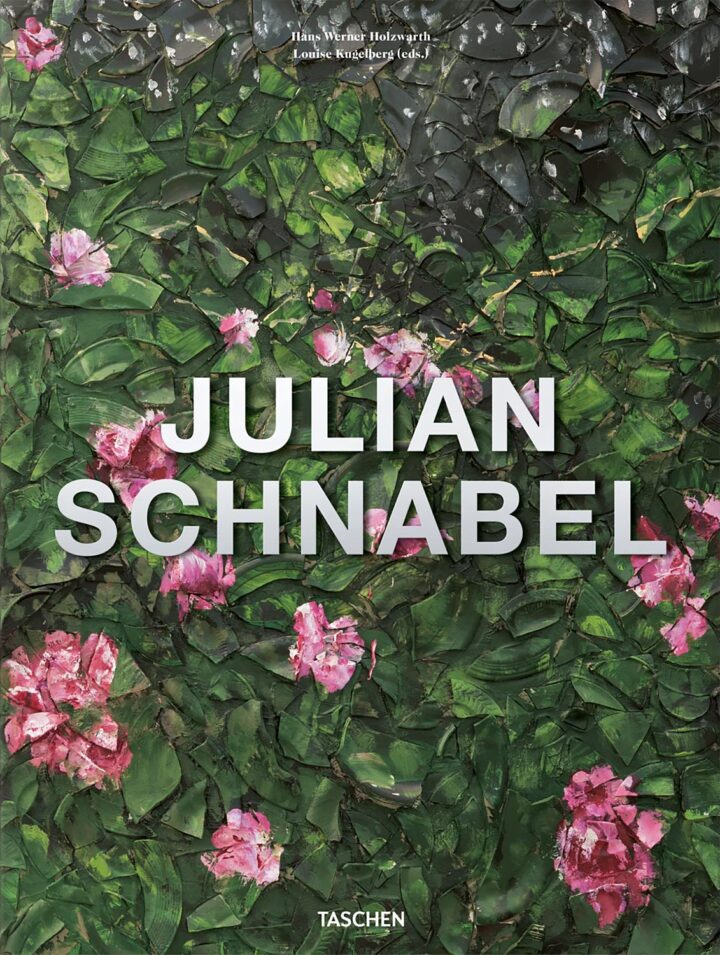In six parts, August Zirner speaks on HYPERMADE about language, responsibility, and the subtle difference between expression and effect.
HYPERMADE: Do you still feel that America is part of your identity—or has it become foreign to you?
AUGUST ZIRNER: Like it or not, I am and remain American. I lived there until I was 17. My childhood was mostly shaped by America—especially through school. But America is becoming foreign to me. Then again, other countries I’ve lived in feel foreign too—Austria, for example. I guess my true homeland is the diaspora. Diaspora in ancient Greek means “dispersion” or “scattering.” And I fear that applies to me quite literally. In English, diaspora for me might translate to “home away from home.” That can be anywhere—but it’s often quite exhausting.
HYPERMADE: You grew up in Urbana, Illinois, in a liberal, aesthetically shaped university world. For a long time, you saw that as the real America. How did you lose that belief—and what remains of it in you?
AUGUST ZIRNER: When I filmed the ARTE series *A Man, a Dog, a Pickup Truck – Following the Tracks of John Steinbeck*, I experienced America, much like Steinbeck, in a completely different way than I had known it. I realized that, in the meantime, I had truly become European. I struggle with the “isolationist” mentality that prevails in parts of the U.S. Still, the world in Urbana—though an ivory tower—was also incredibly beautiful. The people there were genuinely liberal and curious. But it was also full of immigrants. And America is vast; there are enormous differences from coast to coast.
HYPERMADE: Your father died when you were 14. Are there moments in your work—on stage or in music—when this loss becomes present again?
AUGUST ZIRNER: Of course. When I performed the speaker in Leonard Bernstein’s *Kaddish Symphony* at the Vienna Musikverein, I wished more than anything that my father could be there. The Vienna Musikverein! Leonard Bernstein! And I was the speaker, opening with the words: “Oh, my father, ancient, white-haired, disappointed Father, I want to pray, I want to say Kaddish, my own Kaddish!” Saying those lines, I had to hold myself together not to cry. Luckily, I knew the speaker had to stay in sync with the orchestra. Having to “count” saved me—and the audience—from my tears.
A few years later, I played *Nathan the Wise* at Munich’s Volkstheater. It ran for 120 performances. Before every show, I thought of my father and wondered what he would think of it. Whether he’d share my interpretation of Nathan.
HYPERMADE: In your book *Ella & Laura – On the Mothers of Our Fathers*, you give voice to two very different women. What meaning does it have for you to bring the forgotten or unspoken to light—especially in a family context?
AUGUST ZIRNER: I should correct that: I only tried to give a voice to Ella, my grandmother. The voice of Laura was written by Ana.
Whenever Ana and I do readings from the book, we’re often approached afterward by audience members who begin to share their own family histories with us. I believe many people feel a strong need to know more about their origins and their families. Giving voice to the forgotten and unspoken—that’s healthy. I think far more people long for that than they might admit.
HYPERMADE: Your grandmother Ella Zirner-Zwieback’s fashion house was expropriated by the Nazis. When you see the building today, you speak of contempt. Is that view of a physical place a symbol of cultural loss—or more of a personal echo chamber of history?
AUGUST ZIRNER: Both. It’s a symbol of cultural loss and decline—and also a place that jolts me back into my family’s story.
The sluggish, evasive way today’s owners tried to withhold information still angers me—but honestly, I’ve lost interest in that fight. From the outside, the place radiates a strange kind of historical decadence. Stores like Apple, “Mostly Mozart,” Klimt souvenirs… they speak for themselves.
And yet it also has something surreal—almost a grotesque decadence. A kind of tragicomic absurdity.
HYPERMADE: How does living with someone else’s history—such as that of your grandfather, whose political stance was controversial—change your view of your own origins?
AUGUST ZIRNER: What preoccupies me more is how long it took me to even realize that I myself am a questionable person and artist.
Questionable in the sense of being responsible—for myself and for what I express.
HYPERMADE: Can you emancipate yourself from history without discarding it? Or is carrying a burden part of growing up?
AUGUST ZIRNER: I don’t think you can discard history, but you can emancipate yourself from it. Even if it’s often questioned, I think a culture of remembrance is incredibly important.
There’s nothing to throw off—how would that even work, except perhaps by facing history directly?
Knowledge and painful self-awareness might be the result—but better that than ignorance.
HYPERMADE: Your profession, as you’ve said, is dealing with words. And yet, you’ve also mentioned that language can sometimes give music direction.
When is a sentence successful for you—when it says something, or when it merely suggests something?
AUGUST ZIRNER: I love ambiguity.
HYPERMADE: How do you manage not just to live a life, but—as you put it—to shape it in connection with yourself? Is that a daily task—or an inner compass?
AUGUST ZIRNER: It’s absolutely a daily task—one I fail at daily. And I’ve been searching for that inner compass for ages.
Resonance
Memory is not about returning—but about piercing through. In August Zirner’s words it becomes clear: origin is not fate, but raw material. And how we engage with it is a form of shaping—between gravity, doubt, and the will to remain true.


